It's been an incredible 2 years for fan translations
A mix of obscure and legendary Japanese games are playable in English for the first time thanks to dedicated fans.
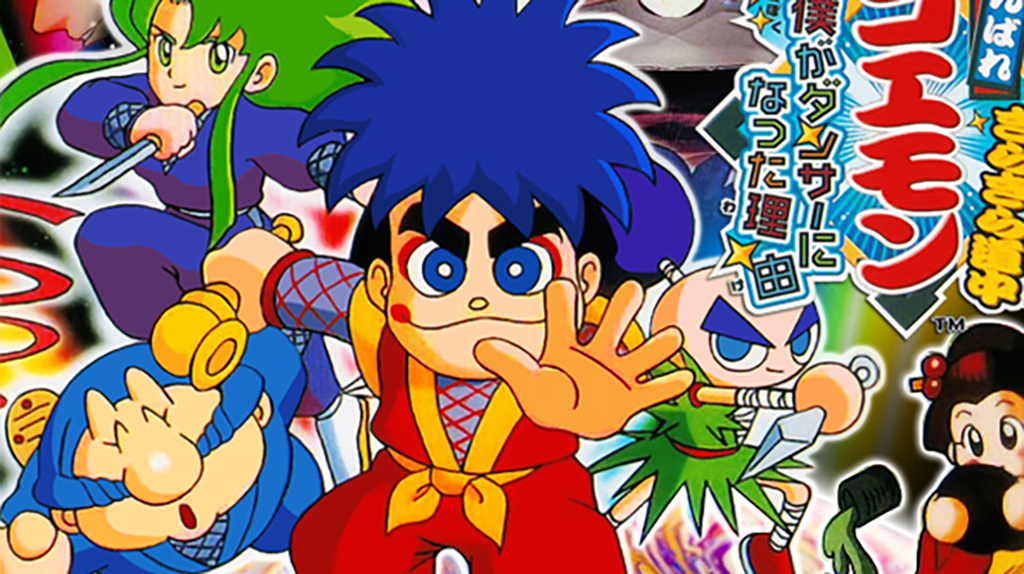
My most-anticipated game of the year is actually 21 years old, and it's not being made for the PC. But I'll definitely be playing it on my PC (or maybe a Steam Deck) thanks to emulation. It's called Boku no Natsuyasumi, which translates to "My Summer Vacation"—it's a slice-of-life Japanese series about spending a summer in the Japanese countryside of the 1970s as a young boy.
None of the Boku no Natsuyasumi games, released on PlayStation consoles since 2000, have ever been localized into English. But fan translators have recently taken up the cause, building the tools needed to modify the game's dialogue and working on an English script. I'm only exaggerating a little when I say Boku no Natsuyasumi is a Holy Grail translation project—a game that a passionate group of fans have dreamed of playing in English for many years, because there's nothing else quite like it.
It's likely the most exciting localization project in progress right now, but it's also the latest in what has been a great few years for fan translations of Japanese games. Here are a dozen worth celebrating.
Ganbare Goemon 2, 3, and 4
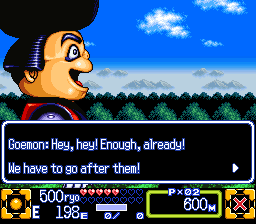
Ganbare Goemon, known better as Mystical Ninja in the US, is a long-running Konami platforming series that's had a spotty localization history. The first Super Nintendo game was released in English, but none of its sequels. Then two games on the Nintendo 64 were localized, but none of the PlayStation or Game Boy Color games that followed. Until last year, when a translation group put out an incredible five Goemon game translations, making all the series' Super Nintendo games available in English for the first time.
The really cool thing about this effort is the consistency—they even redid The Legend of the Mystical Ninja which was released in English, and it's definitely better than Konami's effort circa 1992. Most exciting, though, is that Goemon 3 takes some major cues from The Legend of Zelda: A Link to the Past, and it's as much an adventure game as it is a platformer. Playing it in English is a real treat.
Mizzurna Falls
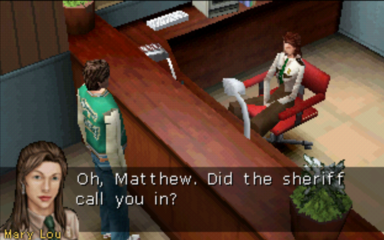
Mizzurna Falls is an early open world game for the PlayStation, heavily inspired by Twin Peaks and in turn heavily inspiring Deadly Premonition. It's set in a small town in Colorado that you can freely explore while searching for a mysteriously missing classmate.
Mizzurna Falls' path to a fully working English localization has been controversial. Translation projects have circled Mizzurna Falls for years, and it looked like it was going to happen in 2019, when a partially completed patch was released using a script written by a translator named Resident Evie in 2017. But it turned out that patch was released without the programmer Gemini's permission, and they weren't happy about it being publicized "in a broken and incomplete state." At Gemini's request it was taken down.
The biggest gaming news, reviews and hardware deals
Keep up to date with the most important stories and the best deals, as picked by the PC Gamer team.
Finally, in March 2021, a professional translator and game developer released a new, working patch that they'd teamed up to create during Covid-19 quarantine. It's a piece of gaming history now available to a much wider audience.
Dr. Slump
Because fan translations are unpaid labors of love and a hell of a lot of work, many projects exist as forum threads for years before they're released or eventually abandoned. So it was a refreshing change to see HilltopWorks announce a translation of Dr. Slump for the PlayStation with a trailer this March, and then release it in May. Two months!
Dr. Slump is a comic series by Akira Toriyama, which he drew in the early 1980s before starting Dragon Ball. The game is gorgeous for the PlayStation 1 and is sort of an action-RPG that at least looks quite similar to Mega Man Legends. I didn't even know this game existed until Hilltop announced the translation, so it's a perfect fit for their "mission to bring underappreciated Japanese-only classics to English speaking audiences." Their next project is another game I'd never heard of: Racing Lagoon, a street racing RPG by Squaresoft. Whoa.
Fire Emblem: Thracia 776
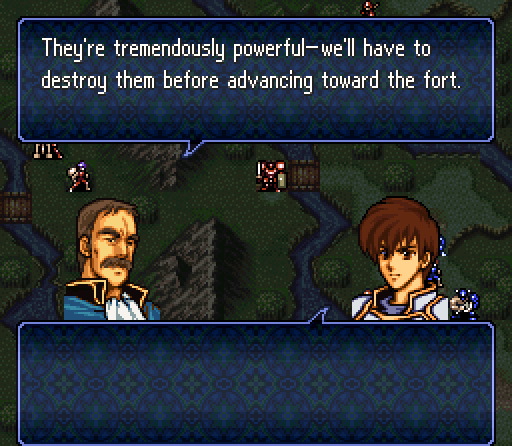
Fire Emblem's hugely popular in the west now, but for years Nintendo pumped out games for the Famicom and Super Famicom without ever releasing them outside Japan. Thanks to fan translations and remakes, pretty much the whole series has been playable in English for awhile now. But this one, released for the Super Famicom in 1999, was an exception. Its infamously complex code made it a game fans tried and failed again and again to translate. But it finally happened in 2019 thanks to an unlikely hero: a Fallout 4 modder. Read this great article by Patrick Klepek on how it came to be.
And it's actually still being improved, with another revision of the script and other fixes currently in development.
Tear Ring Saga and Berwick Saga
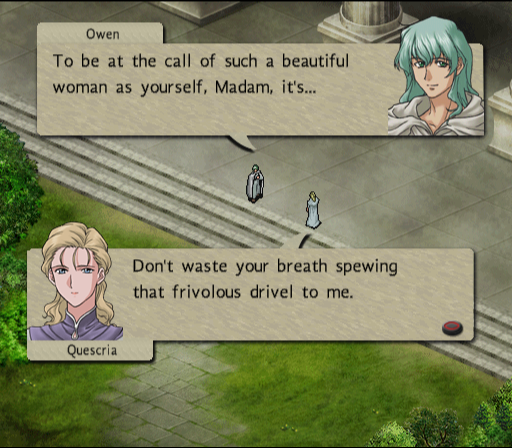
Here's a fun bit of Fire Emblem history: Series creator Shouzou Kaga actually left Nintendo after designing Thracia 776. And then he made a pair of games called Tear Ring Saga and Berwick Saga that are so similar to Fire Emblem, Nintendo took him to court. Tear Ring Saga for the PS1 is straight up Fire Emblem, but Berwick Saga on the PS2 swaps the classic square map grid for a hexagonal grid. Otherwise it's… still pretty much Fire Emblem, but Fire Emblem on a hex grid is pretty cool, eh?
Tear Ring Saga was first fan translated in 2001 but got a much improved patch in 2017, while Berwick Saga finally received a complete English translation in January 2021 from Aethin, the same translator. It took four years of work.
Bahamut Lagoon
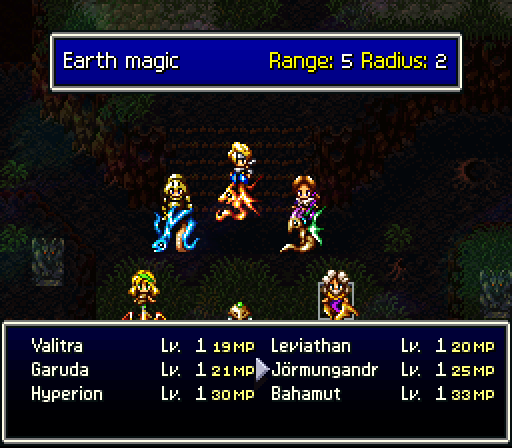
The final project of famed emulator developer Near, who died this June, was an incredible translation patch for Squaresoft's Super Nintendo RPG Bahamut Lagoon. This isn't actually Bahamut Lagoon's first English fan translation, but the new script by Tom, the same translator who did the Goemon games above, has been widely praised as an improvement over the one from the early 2000s.
What really makes Near's effort so noteworthy is the heavy programming involved to rework the game's UI. Every menu is improved and made more consistent. Bugs are fixed. Near even added proportional fonts to ensure no text has to be cut off (English localizations in the '90s were famous for shortening names and other words to fit restrictive text boxes and memory limitations). It's almost certainly the most extensive translation patch for a Super Nintendo game ever made, and a great example of what dedicated programmers can still do with decades-old games and hardware.
The Legend of Heroes: Trails From Zero and Trails to Azure
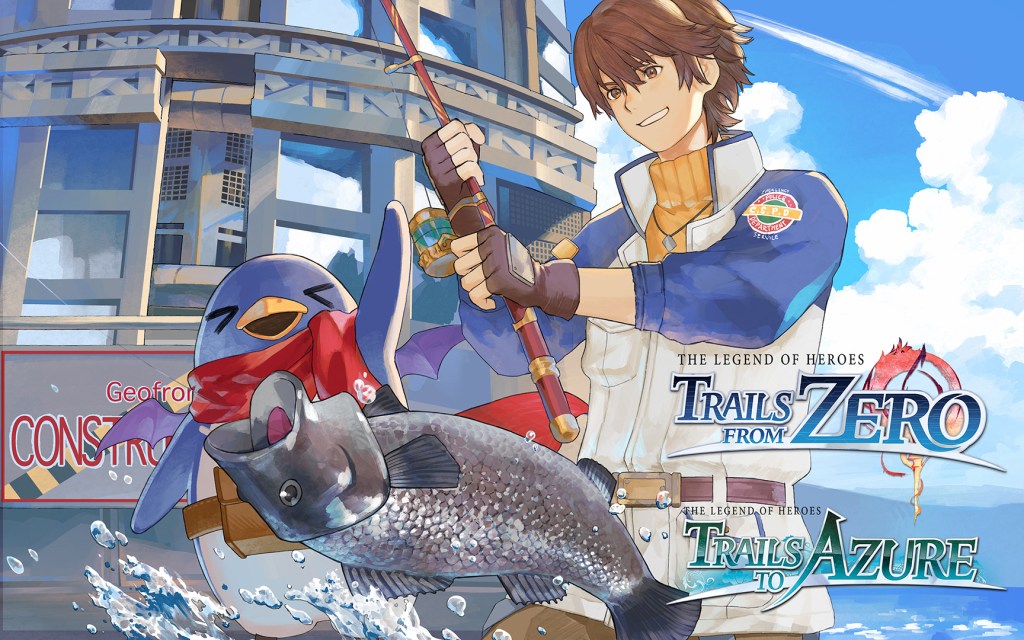
A fan localization team named The Geofront has long been focused on the Legend of Heroes series, which includes games like Trails of Cold Steel. But developer Nihon Falcom has made so many RPGs over the years, that even now there are still many that have never been released in the west. The Geofront has been slowly fixing that. In 2020 the group released a full translation of Trails From Zero, a game set shortly after Trails in the Sky the 3rd. And this year, the Geofront released a full translation of Zero's sequel, Trails to Azure.
Fan translating any JRPG is a monumental effort, and especially Nihon Falcom's games, which tend to be really wordy. What's especially incredible here is that The Geofront did such a good job, western publisher NIS America has partnered with the fan group to use their localizations as the basis for official releases. That's as legit as it gets.

Wes has been covering games and hardware for more than 10 years, first at tech sites like The Wirecutter and Tested before joining the PC Gamer team in 2014. Wes plays a little bit of everything, but he'll always jump at the chance to cover emulation and Japanese games.
When he's not obsessively optimizing and re-optimizing a tangle of conveyor belts in Satisfactory (it's really becoming a problem), he's probably playing a 20-year-old Final Fantasy or some opaque ASCII roguelike. With a focus on writing and editing features, he seeks out personal stories and in-depth histories from the corners of PC gaming and its niche communities. 50% pizza by volume (deep dish, to be specific).

